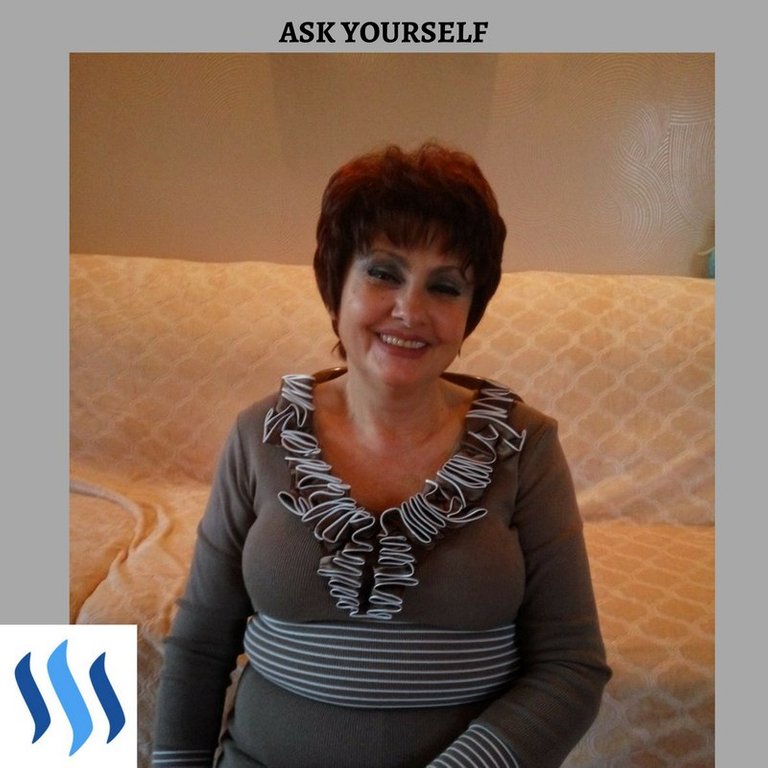
When you start reading a textbook chapter, ask yourself some questions on the chapter's topic. Many textbooks begin with questions or summaries about what you will learn, but you are better off asking your own questions. Is there anything you want to know? By asking yourself questions, you become curious about the topic. Read the chapter--quickly, if you prefer--to find out whether the chapter answers your questions and satisfies your curiosity.
Curiosity will help you to:
1) Read faster and with better comprehension,
2) Remember more of what you learn (even after the exam),
3) Think about what you are reading, and
4) Enjoy studying more.
You create curiosity by asking yourself questions, and then reading the chapter to see if it answers your questions. If you can't think of any questions, read the questions in the end-of-chapter quiz, and ask yourself if you would really like to know the answers to any of those quiz questions or not.

Another way to create curiosity is to challenge the author's opinions. Imagine that everything you read is an opinion. As you read, ask yourself what information you would need to gather in order to figure out whether the facts in the book are true or not. Maybe you don't have the time to test or validate the author's opinions, but the process itself creates curiosity: Try to imagine what information you need to know in order to test the writer's opinion. This approach is called "critical thinking" or "reading critically," and is one of the most useful skills you can learn, in this world full of opinions and conflicting "facts." Don't merely decide whether you agree with the writer: Try to guess what information is missing in order for you to know whether the author's words are really true or not.
Congratulations @polyakovaevfimi! You have received a personal award!
Click on the badge to view your own Board of Honor on SteemitBoard.
For more information about this award, click here